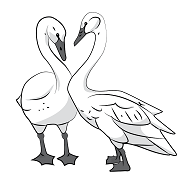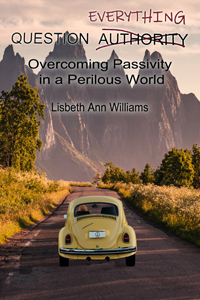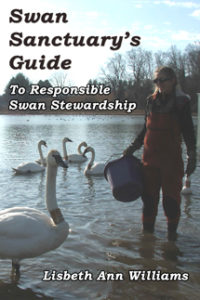I remember many years ago, when I was a child, riding with my family in my parents’ ‘57 station wagon watching the plastic Jesus sitting on the dashboard, bobbing its head over every bump. I remember just as vividly the numerous insects that would be spattered on the windshield, requiring the gas station attendant to clean it every time we stopped for a fill up. In recent years, the insects on the windshield problem have all but disappeared. While this may make some people happy, they may soon find that it is actually a precursor to the possible extinction of the human race. In spite of our collective loathing of insects in general, we depend on them.
There is a new book out by an environmental journalist, Oliver Milman. The title is, The Insect Crisis: The Fall of the Tiny Empires that Run the World. According to Milman, the extinction rate of insect species is 8 times higher than it is for mammalian and bird species. Of course it is a devastating loss to lose some of our rapidly declining and amazingly beautiful predators – but our lives do not depend on them. And, while we tolerate a few insects that we find attractive, such as butterflies; it is those that are less pleasing to our prejudiced eyes that we need the most. We need insects to pollinate the thousands of plant species that we consume. We need those that continually provide recycling services for us, turning human and other waste back into nutrients for the soil. With nearly 8 billion humans on the planet, eating and defecating, we need them more than ever.
Sixty years ago, Rachael Carson warned us about the horrors of using DDT, but the neonicotinoids that are now being used are 7,000 times more dangerous than DDT! Why have we continued to allow the use of so many toxic chemicals in our environment? We hear over and over again that the causes of species loss are due to human encroachment, habitat loss, monocultures, loss of biodiversity, climate change, and the use of herbicides, pesticides, and fungicides. Why are we not reacting to these obvious threats as swiftly as we have reacted and responded to the threat of war?
Oliver Milman suggests that rather than making an action plan to bring back the insects, we need to do the opposite. We need to not act, but to allow. We need to give up our belief in our limited concept of order and tidiness. Nature has her own methods of maintaining balance that have worked for centuries. I learned many years ago that Nature, God, Universal Power, or whatever you wish to call it, is no respecter of persons. The sun shines on the good and the evil alike. It comes down to those species that are best able to adapt to change. In eliminating biodiversity, that keeps all species in balance, we have allowed the opportunists to take over. The plants that we like to call weeds and the insects that we choose to call pests, are the ones that easily realign themselves to changes in their environments. Therefore, we have a growing abundance of mosquitoes and cockroaches, while the beautiful butterflies and beneficial pollinators are disappearing.
What can we do about this, you may ask. We can take Milman’s approach and simply STOP doing what we have been doing. We can learn to see the beauty in an “untidy” yard. Given time, the plants and birds and insects that have relationships with those plants, will also return. We can learn so much from Nature if we take a hands off approach – watching, listening, and paying attention – rather than trying to control her. The manipulation that has been employed thus far, does not appear to be working out well for us.



